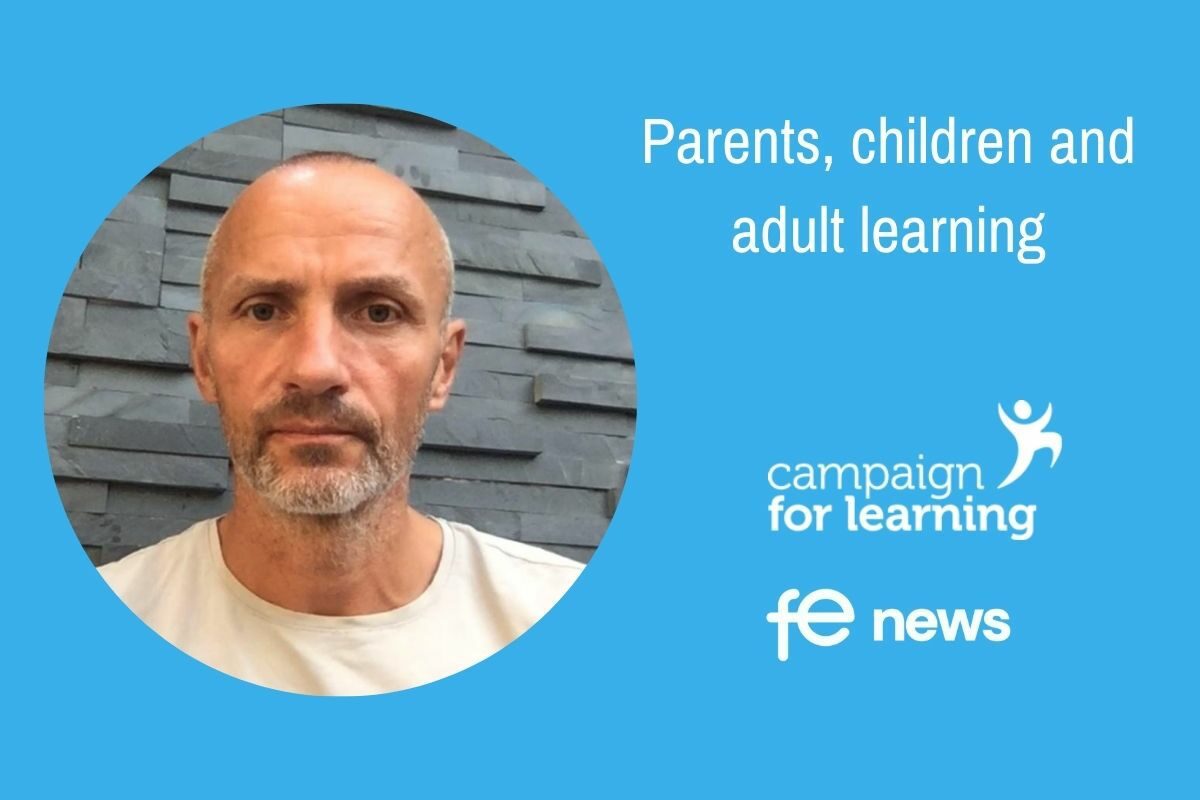Encouraging Parental Involvement in Children’s Learning Through School Communication

Everyone agrees, children do better when their parents show an interest in their school activities, help their learning and praise their achievements. The Education Endowment Foundation (EEF) suggests that effective parental engagement can lead to learning gains of +3 months over the course of a year.
Whilst parent engagement interventions take multiple forms, a base-level requirement is for schools to encourage more regular and positive family conversations about learning. This is simple and inexpensive to achieve, and without risking teacher workload or wellbeing.
Impact of Positive Parent-Child Dialogue
The impact of this positive dialogue between a child and their parents is significant. Children are more motivated, well-behaved and do better at school because they see that their parents are interested in their learning and value education. It inspires families to practise topics covered in class and for parents to reinforce their child’s achievements. Teachers and parents build a stronger relationship, which can also be helpful should the need for any difficult conversations arise. Parents don’t feel like they are ‘missing out.’
More than Organisational Matters from the School Office
The problem is, however, that most school communications originate from the school office, focus on organisational matters and can often worry parents. How often do parents receive a positive message from their child’s teacher telling them about their child’s success, compared to PE kit and book reminders, payment requests, diary dates, bumped heads and the like?
As a result, most school communications, notwithstanding their importance, don’t engage parents in their child’s education, but instead can create anxiety and discord. This is also one of the reasons why inspection reports and parents’ surveys often verify that ‘parents still want more information.’ In other words, they want the right kind of information, in the right way.
Personal, Positive and Progress-Led News From the Teacher
The solution to effective communications that truly engage parents, as the EEF suggests, is to ensure that messages are ‘personalised, linked to learning and promote positive interactions,
e.g. celebrate success’.
Telling people positive news and making them smile is proven to spark feel-good neurotransmitters such as endorphins, dopamine and serotonin. It’s the ideal way to inspire families to say “well done” to their child, and to break down barriers with even the hardest- to-reach parents.
Delivering this impact means training, encouraging, equipping and supporting teachers to communicate better with all the parents of their class, as each child is the focal point. It’s not about general school-office messaging.
Teachers also need to inform and involve parents more regularly, ideally a couple of times each week, and consistently through the school. This means that parents with more than one child are fully accommodated, and that engagement is sustained as children transition through the Years.
Communicating with parents at a bi-annual meeting or through a semi-automated school report clearly isn’t enough to build a great teacher-parent relationship or continuous partnership.
The challenge has been made harder due to social distancing, and as teachers need to reach everyone – mums, dads, grandparents and carers. They need to involve families from differing demographics; with varied language, reading and technical skills; those who are working or separated; those who are disillusioned about school; those who might perceive teachers negatively or who are just disinterested in education.
Technology Helps
Schools have a wide choice of communication channels, but most are chosen by, and still managed by, the school office. There needs to be more consideration about the content and tone of each communication, plus a shift to move communication readily into the classroom and teachers’ hands.
Modern technology can help here too. Classroom tools can put home communication onto the smartboard and into plenary (summary) sessions, involving children in the positive communication with their parents. What better way to fortify the all-important teacher- child-parent triangle whilst reinforcing the day’s learning, and without creating extra work for teachers outside of lessons?
Furthermore, technology can control/restrict parent replies and feedback, so that teachers feel protected from out-of-hour contact and unnecessary or inappropriate messages. Otherwise, teachers might feel hesitant to keep things going.
Recommendation 1
Training school staff on the many benefits of positively engaged parents is the starting point. Unless all staff appreciate that more effective communication delivers better parent engagement, there will be shortcomings. Parent engagement and parent communication should be de facto in initial teacher training, ongoing CPD and importantly staff meetings and appraisals.
Recommendation 2
With parent engagement fundamental to children’s happiness and outcomes, there needs to be deeper assessment of it in school inspections. Assessing, for instance, how schools foster a positive teacher-parent relationship, and how they do this consistently and sustainably. Schools should be able to track and evidence how they communicate effectively with parents about their child’s learning topics and character skills development on a regular basis.
Recommendation 3
Linked to better internal and external management of parent engagement and school communications, coupled with parent feedback, it’s possible to rate and rank schools by a parent engagement metric. This will help to identify improvement areas and motivate schools to continually better themselves.
By Adrian Burt, Founder, MarvellousMe
Read Campaign for Learning‘s press release here.
Parents, Children and Adult Learning: Family Learning Policy in the 2020s
Read previous articles here:
- Driving-Up Parental Engagement in Educational Catch-Up, Sam Freedman, Research Fellow, Institute for Government
- Focusing on Parents to Improve Social Mobility, Lee Elliot-Major, Professor of Social Mobility, University of Exeter












Responses